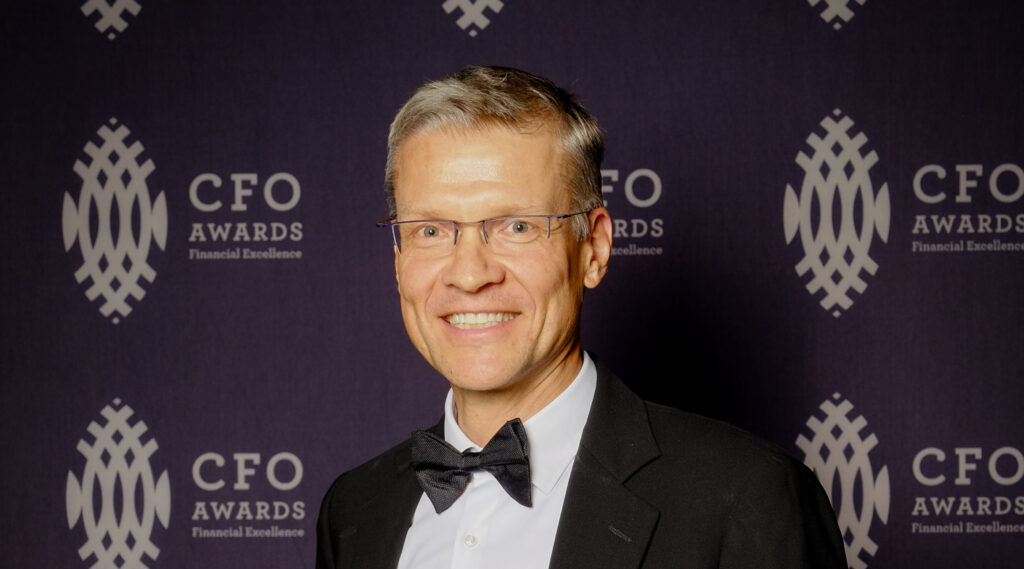Trust in blockchain will build as more use cases become available, says Standard Bank CFO Arno Daehnke.
Read more: Special feature (Part one): Blockchain – All hype or a game changer?
Read more: Special feature (Part two): Blockchain – From blood diamonds to digital identity
Read more: Special feature (Part three): Blockchain – Decentralisation is already here
Since the blockchain is still so new, it will take time to build that trust. Jo-Ann Pöhl, iOCO group CFO, says that banks are trusted because they are assured by a central bank or a legislated body that provides oversight and guarantees, but trust also comes with stability and familiarity. The blockchain will improve many financial and transaction processes through guaranteed data integrity, and having an automated record-keeping and governance function that instantly validates transactions, will make the finance function simpler, faster, and transparent.
For the blockchain to gain acceptance beyond Bitcoin, CFOs need to understand what this technology is and what it’s capable of doing. With a distributed ledger, traditional securities can be digitalised, documents like letters of credit can be tokenised, and smart contracts can be automated. This means that new financial instruments will be created and processes like reconciliation, regulatory reporting, transactions, supply chain management, and fraud detection will be in near-real-time and from a single source of truth.
“Gaining more trust in the technology comes down to knowledge,” says Tencent Africa CFO and CIO Tramayne Monaghan. “CFOs are trained to look backwards; we run an audit for last year’s financials, we report 10 days later to the CEO on the numbers for last month. We need to start looking forward: the distrust is because many of us are not delving deep enough into this technology.”
According to Arno Daehnke (pictured), chief finance and value management officer at Standard Bank, as more use cases and proof of concepts become available and regulations are tested, trust will be built. It’s just a matter of how quickly this will happen.
“Imagine how a postmaster would have reacted if, thirty years ago, you told them that there will be email?” asks Arno. “The blockchain securely sends anything of value from one person to another, similar to how emails are sent. We are used to centralised entities or intermediaries ensuring trust and I think that is where the issue lies – we are not used to trusting transactions that haven’t passed through a central entity.”
But how do you, as a CFO, get to grips with the blockchain? “Start with your area of expertise,” advises Tramayne. “If you're a CFO in the manufacturing space then research specific use cases on that, or retail, or distribution. The easiest way to start learning about it is to be open to it, and to be comfortable with the fact that you may not find all the answers immediately because it's still growing.”
Read more: Special feature (Part five): Blockchain – Time to jump in or wait and see?
You can read the full Special Feature in the third edition of the 2021 CFO Magazine.








